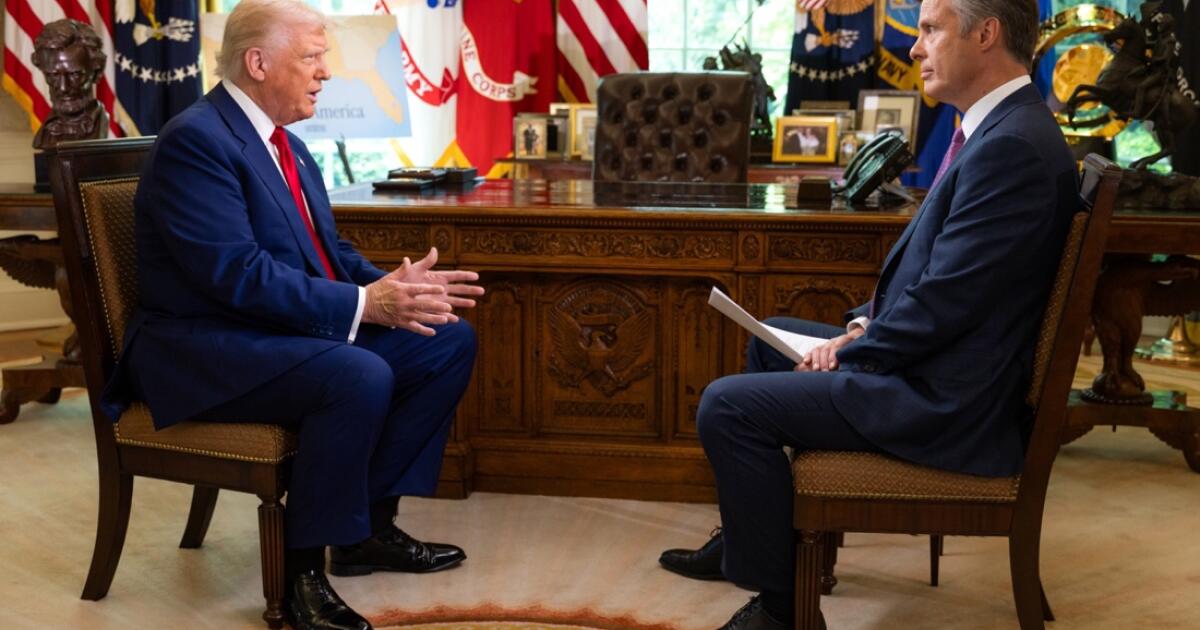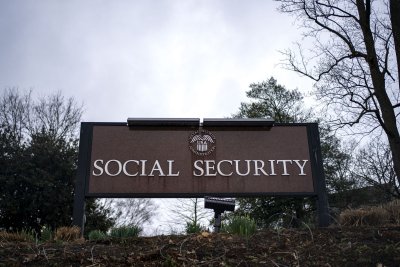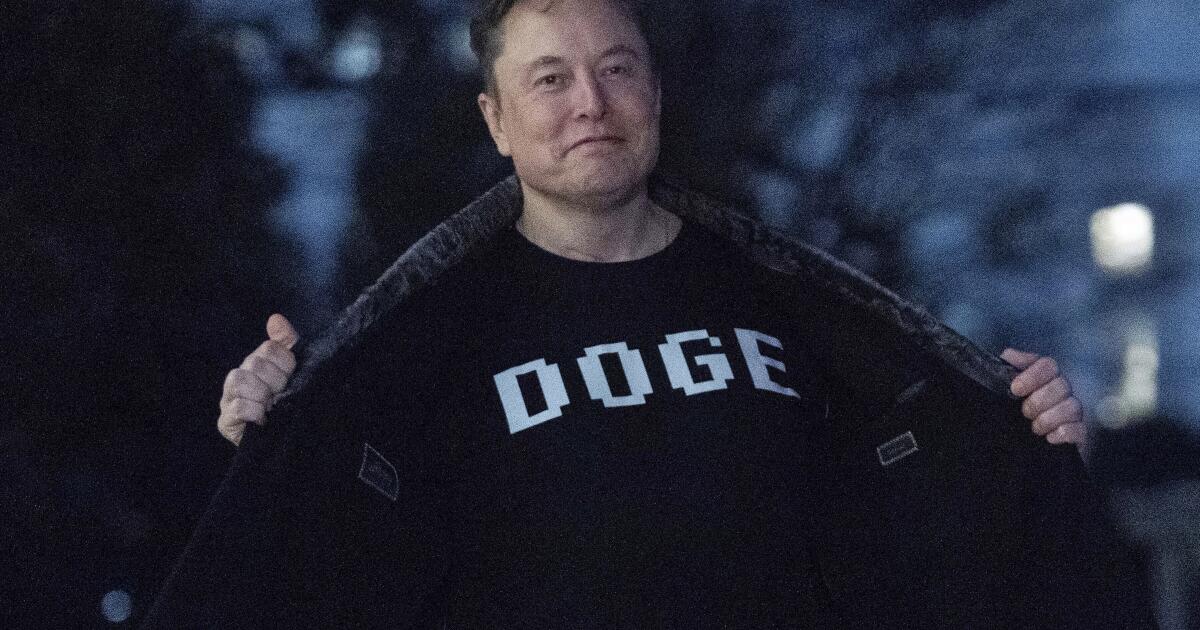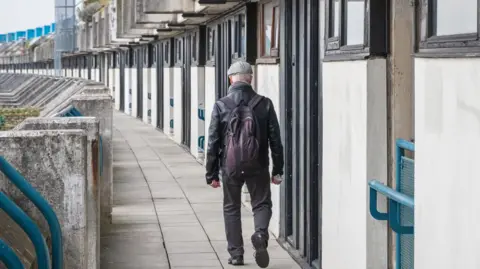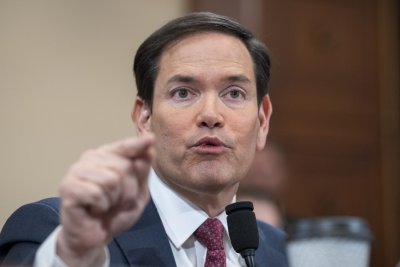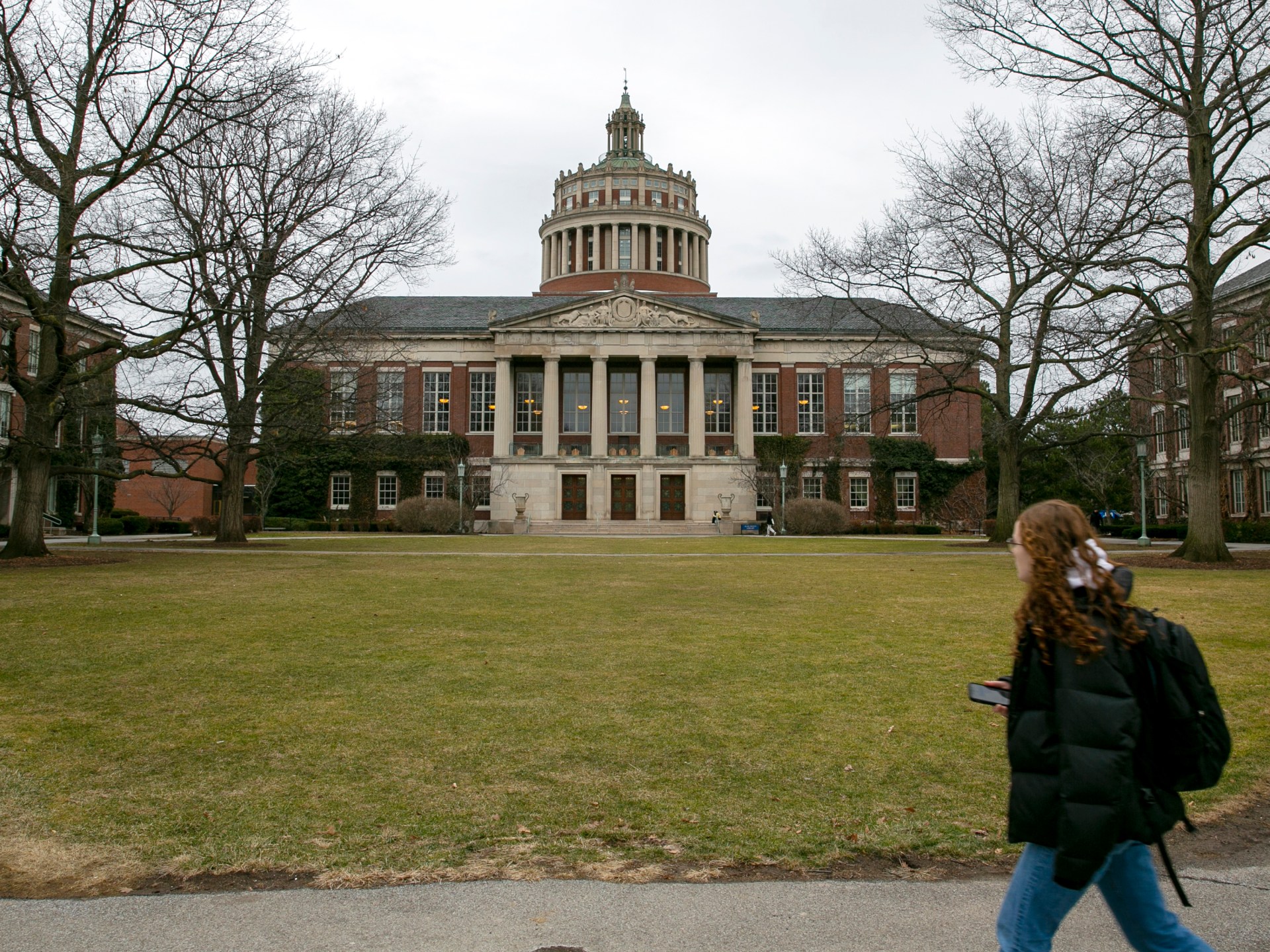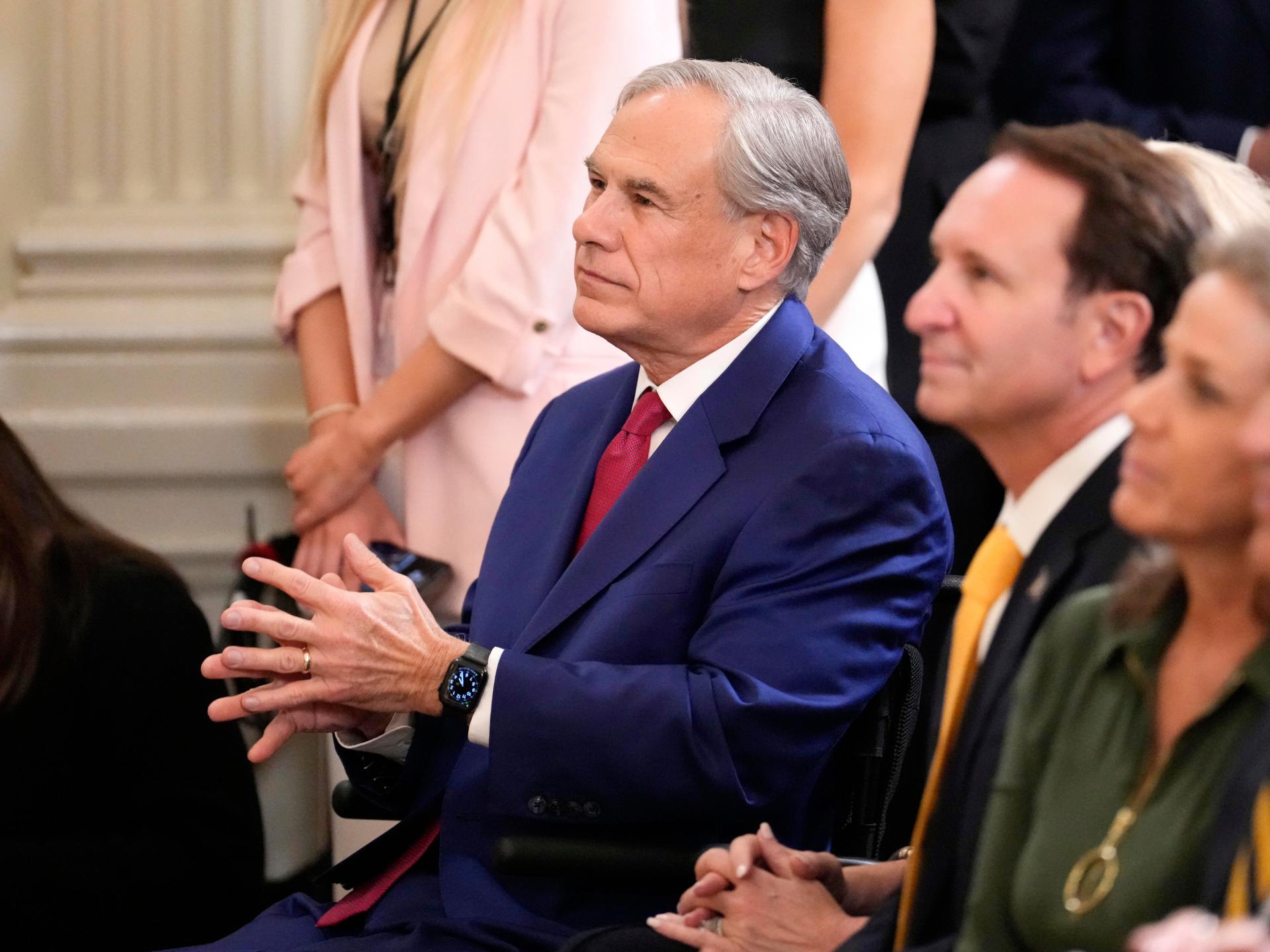‘Social Studies’ team on cellphone bans, Instagram age limits, more
“If you’re a parent, Lauren Greenfield’s new doc about teens and social media ‘is a horror movie.’”
That Los Angeles Times headline ran on an August story about Greenfield’s acclaimed five-part docuseries that followed Los Angeles-area high school students during the 2021-22 school year, tracking their cellphone and social media use for a revealing portrait of their online life.
Greenfield remembers the headline.
“I’ve heard that from parents,” Greenfield says. “And I keep hearing it whenever we screen the series.”
Greenfield has taken “Social Studies” to schools around the country since its premiere last summer, airing episodes and answering questions, speaking alongside a rotating group of the show’s subjects. And, yes, the most common takeaway remains: Parents have no idea what’s going on with their teenagers — though “horror” is in the eye of the beholder.
Today, Greenfield and three of the “Social Studies” participants — Cooper Klein, Dominic Brown and Jonathan Gelfond, all now 21 — are in a Venice bungalow, just back from showing the series to some 6,000 teenagers in San Francisco — young people who, by and large, had a much different reaction than their elders to the depictions of online bullying, body-image issues, partying, hooking up and FOMO culture.
These teens were sometimes gasping and talking to the screen, laughing at points, fully immersed, fully relating, even feeling nostalgic for TikTok trends that were popping three years ago.
In one episode, teenager Sydney Shear is having a text exchange with a guy Greenfield describes as “creepy.” We see the message he sends: “Permission to beat.” Right after she tells him no, the group of girls sitting behind Greenfield screamed, “You know he did anyway!”
“It’s really fascinating how differently adults versus adolescents reacted to the show,” says Klein, now a junior at Vanderbilt. “Adults are terrified by it, but young people find it funny. It’s like watching reality TV.”

Lauren Greenfield.
(Matt Seidel / For The Times)
Much has changed for these “Social Studies” subjects since Greenfield stopped filming in 2022. How could it not? The years immediately following high school usually bring about intense growth and change and, hopefully, a little maturity. The world around them is different. Palisades Charter High School, which many of the students in the series attended, was heavily damaged in the January wildfires. (“The show’s like a time capsule,” says Gelfond, a Pali High grad. “Looking back, the series is even more special now.”)
Some things haven’t changed at all, though. Technology remains addictive, they all agree. Even when you are aware that the algorithms exist to snare your time and attention, it can be hard to stop scrolling, the self-soothing leading to numbness and deepening insecurities.
“You can have a greater understanding about the effects, but it still pulls you in,” says Brown, who, like Gelfond and Cooper, has worked at teen mental health hotlines. “It’s hard to stay away from what is essentially our lifelines.”
Which is one reason why they all see the value in the Los Angeles Unified School District’s cellphone ban, which went into effect in February.
“The pull-away from tech only works if it applies to everyone,” Klein says. “When a whole group doesn’t have access, that’s when the magic happens. You’re going to start to connect with the people in front of you because …” She pauses, smiling. “I mean, you want to be engaging with something, right?”
Then you have time to do things like read and solve jigsaw puzzles with friends, two hobbies Klein says she has taken up again recently in a conscious effort to disengage from her phone. Reclaiming your time, she says, can only work if you’ve got a plan.
If the takeaway from the series was that parents couldn’t fully comprehend how technology shapes and defines their teens’ lives (“They’re the guinea pig generation,” Greenfield notes), watching “Social Studies,” either together or alone, has served as a conversation starter.
“I have always had a very open relationship with my parents,” Gelfond says, “but the way this really explains social media has led to eightfold more transparency.”
“It made me more grateful for the way my parents navigated all this,” Klein adds. “I thought they were overstepping boundaries, trying to protect me too much. And I think this show validated that they did a really great job. Because we were the first generation, they were kind of flying blind.”
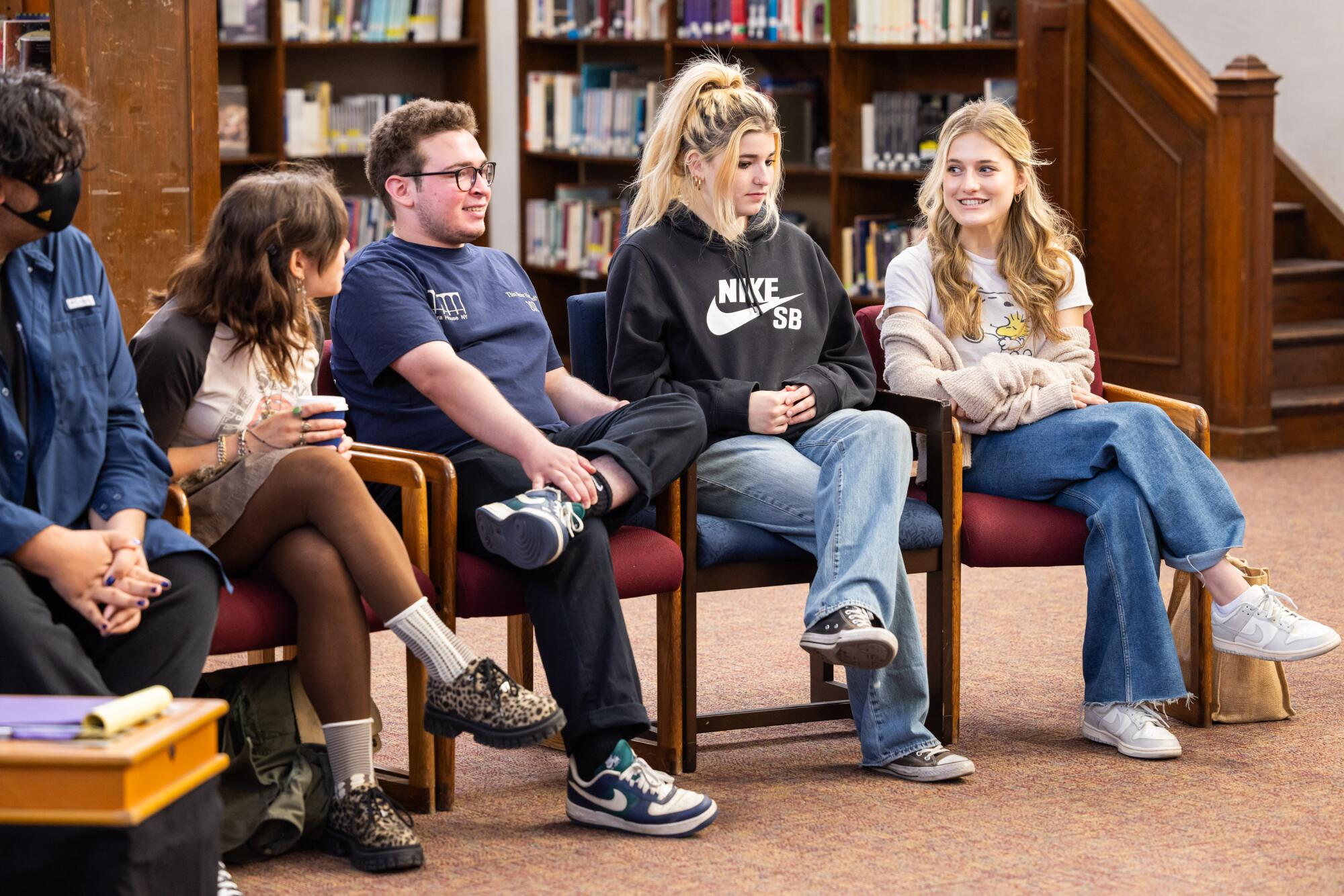
Gelfond, left, and Klein, right, join one of the group discussions in “Social Studies.”
(Lauren Greenfield / INSTITUTE)
Now Klein wonders what she’d do differently if she ever has kids. She started on Instagram at 12. If she could go back, she’d probably delay that entry, even though Klein says it now seems normal for kids to join the app when they turn 8 or 9.
So what would be the ideal starter age?
“Maybe I’m crazy for saying this, but I think it should be 16,” Brown says. Greenfield nods her head, noting Australia recently banned social media — Snapchat, TikTok, Instagram and X — for children under 16.
“I got on Instagram when I was 10 or 11, and I had no idea of the world that I had just gained access to,” Brown continues. “You should wait until you gain critical thinking skills. Sixteen, 17, 18, maybe.”
“It is the end of childhood,” Greenfield says. “You get that phone and everything that comes with it, and it is the end of innocence.”
In that respect, Greenfield sees “Social Studies” in conversation with “Adolescence,” the Netflix limited series about a 13-year-old boy suspected of killing a girl. The boy had been actively exploring incel culture online.
“What’s scary about ‘Adolescence’ is how did they not know he was involved in something so terrible,” Greenfield says. “But it makes sense. That’s the world we live in now.”

